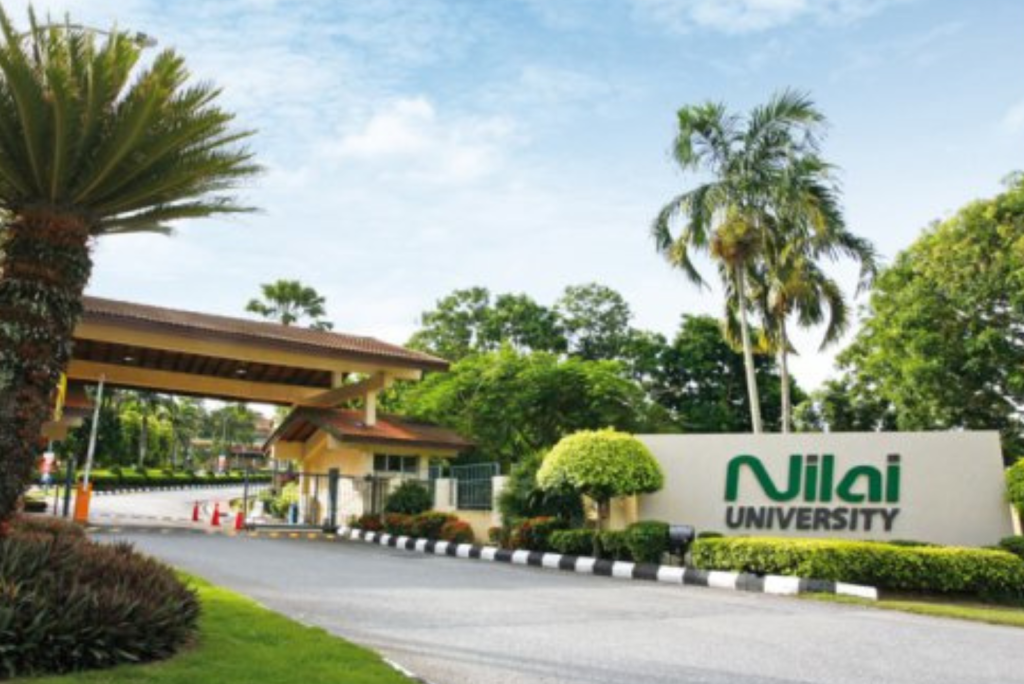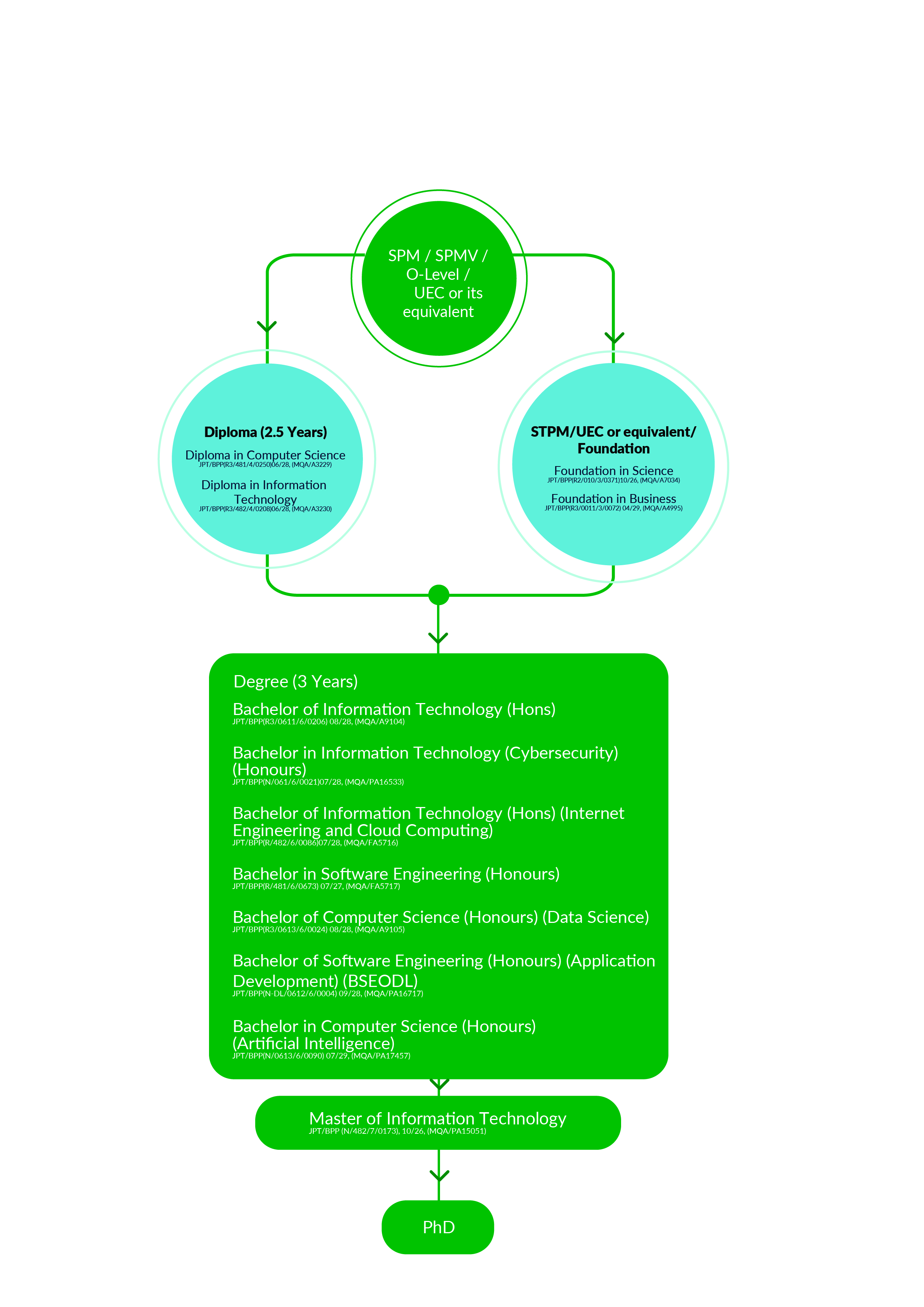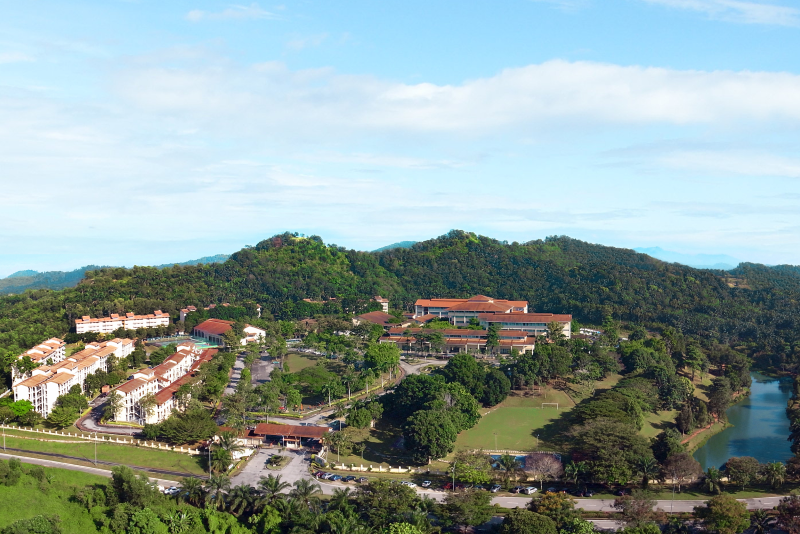The Master of Information Technology (by research) at Nilai University is designed to prepare graduates with advanced knowledge and the skill to deal with organisation’s computing needs. This program will enable students to expand their knowledge of concepts and techniques used in the Information Technology industry. It provides an opportunity for students to extend and enhance their development beyond scholarly understanding and to conduct systematic research within an area of interest in the field of computing.
The research topics may include but are not limited to the following topics:
- Advanced Database
- Advanced Computer Networks
- Programming Language
- Knowledge Management
- IT Governance
- Business Intelligence
- Computer Security
- Advanced Project Management
- Project, Advanced Multimedia Applications
- Research Methodology in Information Technology
- Interactive Systems Design
- Intelligent Systems
- Strategic Information System Planning
- Computer Forensics
- Internet of Things
Entry Requirements
| BACHELOR’S DEGREE [LEVEL 6, MQF] IN A RELATED FIELD |
|
|---|---|
| BACHELOR’S DEGREE (LEVEL 6, MQF) IN A NON-RELATED FIELD |
|
English Language Requirements (for international student)*
| MUET | 4.0 |
|---|---|
| IELTS | 6.0 |
| TOEFL | 8.5 (Ess OL) / 60 (iBT) |
| Pearson | 59 |
| Linguaskill | 169 |
| OET | 250 |
| ELS | 109 |
Programme Module
Core Module
- Research Methodology and Statistics
Prerequisite Modules (Optional*)
- Python Programming
- Machine Learning
* Candidates without qualifications in the related fields or relevant working experience must undergo appropriate prerequisite modules.
The Master of Information Technology by Research Programme encompasses the following five phases:
Phase I – Pre-requisite Core** Course (3 credit hours)
- Research Methodology and Statistics (Compulsory)
Phase II – Preliminary Research
- This represents the first part of the master’s research project and forms the basis on which students build their proposal and eventually their project.
Phase III – Proposal Defence
- Each student must publicly present and defend his/her research proposals. The student is only allowed to continue with his/her research to Phase IV on passing of the defence of his/her proposal.
Phase IV – Thesis Preparation
- The student proceeds to his/her data collection, data analysis and report writing.
Phase V – Viva Voce
- After completion and submission of the thesis, the student is required to attend a Viva Voce to orally defend his/her thesis.
Programme Pathway
Scholarship
Nilai University offers scholarships for students from various backgrounds, with the goal of helping students grow to be well-rounded and ambitious individuals and allowing them to reach their goals through quality education. We achieve this by combining academic excellence with a growth mindset for life-long learning.















